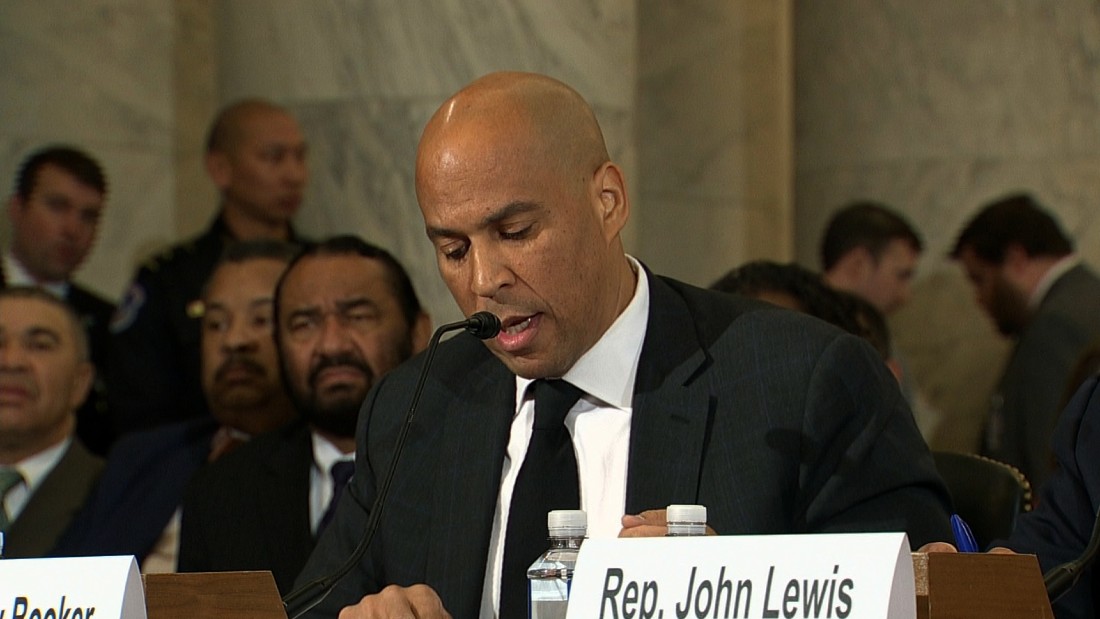News
How Elizabeth Warren Just Set Herself Up For 2020

On Tuesday night, Senator Elizabeth Warren caused something actually exciting to happen in the often-soporific U.S. Senate. She started reading a letter by Coretta Scott King opposing Jeff Sessions for a federal judgeship in 1986 as part of the debate over Sessions' confirmation vote for attorney general. However, she was then officially silenced by the chamber's leadership under Rule XIX of the Senate.
However, silencing Warren with the rules did not cause her speech to be silenced. It brought attention to the event, to Mrs. King's letter, and to the controversy surrounding Sessions' nomination. Beyond this moment, it made it clear that Warren will not be silenced.
Senate Majority Leader Mitch McConnell's words about the Massachusetts senator have turned into an oft-repeated meme which exemplifies ideas about struggles for rights and of women to be heard. “She was warned. She was given an explanation. Nevertheless, she persisted.” It echoes like the best mantras of feminist movements.
But for Warren, the moment could go beyond this. She has become a hero to many progressives for her outspoken speeches on issues of financial regulation and economic populism. It's a reason she has been treated as a top potential Democratic contender for the presidency in 2020. But of course, to make good on that hope, she has to unite some of the disparate parts of the Democratic party. And her high-profile actions have given her support from groups that would be important for her to do that, like the Congressional Black Caucus.
The fight over Sessions' nomination has become a fight over how we recognize minority groups in America. Regardless of what Sessions may or may not personally believe with regards to race, his views on voting rights, immigration, and the role of the federal government in enforcing civil rights put him at odds with the Democratic Party's view of diversity as essential in America, and the fight against him has become a fight for Democrats to advocate for racial minorities.
If Warren wants to win the Democratic presidential primary in 2020, she has to court the nonwhite vote within the Democratic Party. As Bernie Sanders learned when his exciting early steps in Iowa and New Hampshire were stopped short in Nevada and South Carolina, winning among the traditional white progressive base of the Democratic Party isn't enough when you can't show the same kind of success among the black and Latino communities that make up an increasingly large part of the Democratic electorate.
Warren wasn't the first Democratic senator with potential ambitions for four years from now to try to score points with the base by speaking out against Sessions in ways that were unprecedented in the Senate. New Jersey Sen. Cory Booker made history as the first sitting senator to testify as a witness in another senator's confirmation hearing.

But now Warren is stealing Booker's lunch. Sessions is sure to remain a controversial figure, and Warren will most likely be the senator most associated with the Democratic resistance to his confirmation.
Of course, simply reading a letter won't be nearly enough for Warren to court black voters, since, obviously, voters vote for dozens of different reasons besides race. But for Warren, whose home state of Massachusetts isn't particularly diverse and who hasn't come to the Senate with a long history of reaching out to the black community, this moment could be incredibly meaningful and, perhaps, even a critical step in a path towards the White House.